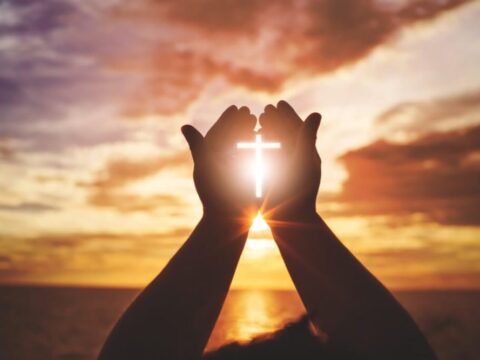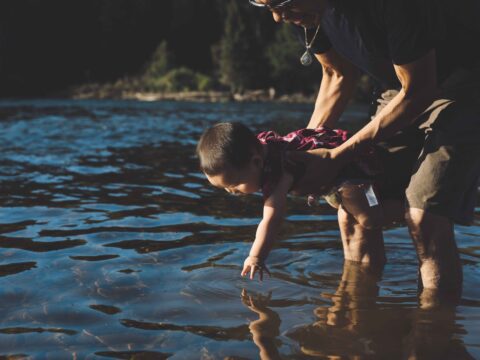I reside in an area my people call Yethka Makoche. It’s the place of origin for our Stoney Nakoda Assiniboine people. From here, we travelled far to the north and south, across the great plains, to discover the wisdom, teachings and languages of other peoples. Each person we encountered was a gift from Creator, Wakan Tanka, the Great Spirit, the Great Mystery. We formed relationships with these peoples that are recalled in our Stoney Oral Tradition.
Our formal cultural protocol for introducing ourselves to our prospective hosts identifies our historical relationship and purpose. We express our deep connection and kinship, and our intention of being in the camp or territory of our hosts. This isn’t a simple transaction, but an expression of commitment and trust.
I’ve travelled across the country and heard land acknowledgments being offered as part of United Church worship services and gatherings. I see many communities of faith trying to “get it right” by consulting with Indigenous knowledge keepers. Just know that there is no absolute right way to do a land acknowledgment. It is a developing protocol. As understanding grows, practices improve.
Land acknowledgments are an attempt to draw historical relationships into intercultural dialogue in order to decolonize assumptions about ownership and place. They are entry points into relationship with Indigenous neighbours, and meant to facilitate engagement.
Many acknowledgments falter when people are nebulous about with whom they are building a relationship. Many acknowledgments list a consortium of historical stewards, keeping the relationship strictly in the past. Others move quickly to recognition or contrition for past wrongs. But very few speak of a close personal connection to the people of the land or the historical basis of their relationship with Indigenous neighbours through treaty promises and covenant.
Rev. Adrian Jacobs, in his past position as Keeper of the Circle at the Sandy-Saulteaux Spiritual Centre, described the current framework of settler acknowledgments as stemming from recommendations made in the Ipperwash inquiry final report. The report calls for some recognition of historical relationships to land and territory as a way to educate people about the important connections that continue to exist in areas significant to Indigenous peoples.
More on Broadview:
- Why this B.C. river is key to protecting Witsuwit’en culture
- Giving land back and other ways Canadians are making reconciliation personal
- Advocate shocked by racist backlash over Indigenous food forest in Vancouver
In practice, developing a land acknowledgment is a shared learning based on a much deeper Indigenous cultural protocol: acknowledging relationship, both past and existing. For many, to enter into this protocol, a relationship must first be established.
The performative rote acknowledgment sidesteps the need for true relationship. We should instead seek to reduce barriers and step into the vulnerability of shared space. For example, settlers might offer original peoples places within their houses of worship or community spaces. This is where dialogue can begin.
Land acknowledgments are also an overture toward repairing a relationship. They express an understanding of history and the hardship that caused the relationship to break down. Oftentimes, discrimination, abuse, war, genocide and other forms of violence have occurred. To move through this pain, we must be able to address the harms done and offer a means of apology and repair. We must take measures to heal wounds before we move forward into a new form of the relationship. Our land acknowledgments can begin to build that bridge if we harness their power to create an understanding of the world as a diverse and inclusive space.
***
Rev. Tony Snow is the Indigenous minister for Chinook Winds Region. To pitch an opinion column, email j.mcgonegal@broadview.org.
This story first appeared in Broadview’s March 2023 issue with the title “Meaningful land acknowledgments are grounded in dialogue.”















“Our formal cultural protocol for introducing ourselves to our prospective hosts identifies our historical relationship and purpose. We express our deep connection and kinship, and our intention of being in the camp or territory of our hosts. This isn’t a simple transaction, but an expression of commitment and trust.”
I like to think that this statement could have been made by my European ancestors as they arrived in North America.